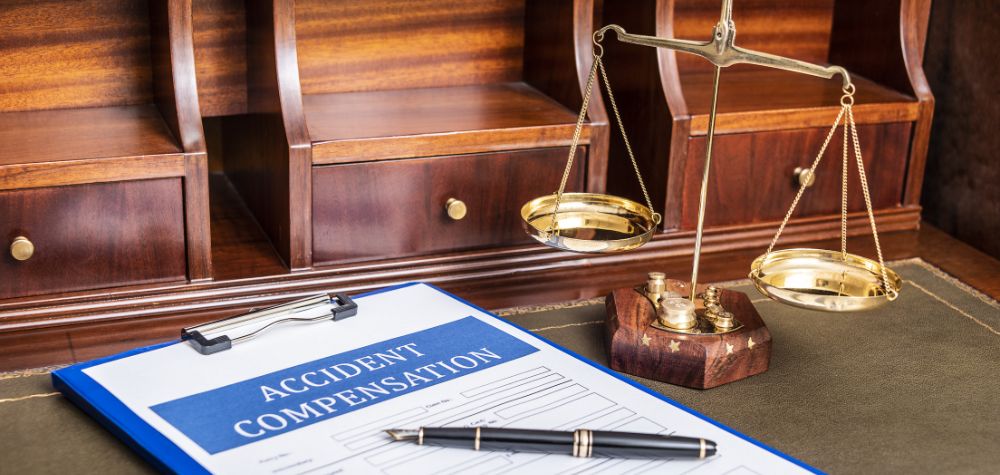
The Impact Of Compensation Payments On Your Super
Compensation is usually paid out due to a work-related injury or illness, injuries received in a car accident or injuries received because of the negligence or fault of another person.
If a super contribution arises from a personal injury payment or a structured settlement (from a compensation payout), you may be able to exclude all or part of it from your non-concessional contributions cap.
This also means that no extra tax will apply to this contribution. It is only the part of the compensation that relates to personal injury that can be contributed to super.
Therefore, the court order or the agreement between parties must clearly state the payment breakdown. Compensation payments usually impact any Centrelink entitlements the member may be receiving. Any super balance unrelated to the compensation payment will also affect the member’s total super balance and transfer balance cap.
Generally, super contributions are of two types – concessional and non-concessional.
- The concessional contributions cap is currently $27,500 per year (unless you can use the carry-forward rule).
- The non-concessional cap is $110,000 per year (unless you are eligible to use the bring-forward rule)
There are annual caps (limits) on the amount of concessional and non-concessional contributions you can make. You’ll be liable to pay extra tax if you exceed these limits.
Three types of payments are eligible:
- Settlements of a claim for compensation or damages for personal injury suffered by the person and the claim is made by the person or their legal representative. The settlement must be by written agreement between the parties (whether or not a court order is required to make the agreement effective).
- Settlement of a claim for personal injury suffered by you under State or Commonwealth law concerning workers’ compensation.
- The payment arises from a court order following a claim for compensation or damages due to personal injury based on the commission of a wrong or right created by statute.
Once the payment satisfies the above criteria, the following three conditions must be met to make the super contribution:
- Two legally qualified medical practitioners certify that, because of the personal injury, it is unlikely the member can ever be “gainfully employed in a capacity for which they are reasonably qualified because of education, experience and training”
- The member (or their legal personal representative) notifies the super fund by completing a Contribution for personal injury form NAT 71162 when (or before) contributing.
- Contributing within the required time limit, usually within 90 days of whichever is the latter: receipt of payment, date of the court order or agreement made by the parties.
If you are unsure how your compensation payment may affect your contribution caps, consult your provider or a licensed professional as soon as possible.
You must be logged in to post a comment.

+ There are no comments
Add yours